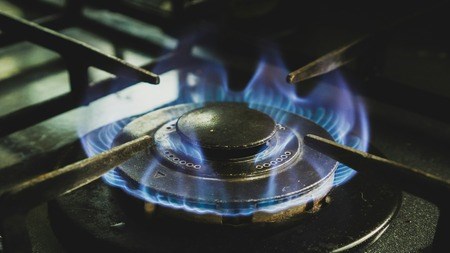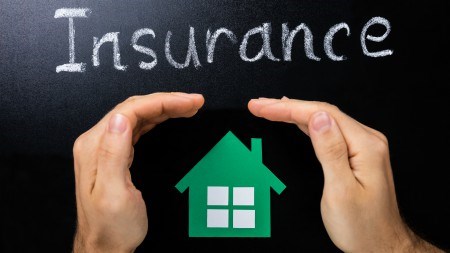In a recent case where a property was insured by a bank and the home subsequently burnt down, it then transpired that it had been underinsured. This has once again highlighted the crucial importance of checking regularly that a home owner’s insurance policy reflects the updated value of the property accurately, says Bill Rawson, Chairman of the Rawson Property Group.
“In this case,” said Rawson, “it appears that the insurer’s assessors undervalued the property initially, thereby making it impossible, at a later stage, for the owner to get the full replacement cost of the burned down home. Now that a pay-out is being called for, the insurance company are digging in their toes and refusing to pay the true value of the home because it was rated lower on their books and the monthly insurance payments reflected this. The insurance company also claimed that the owner should have verified the original assessment by employing a qualified independent valuer.
“This,” said Rawson, “is something that should always be done, but, of course, most homeowners are not aware of this and tend to just accept the insurer’s valuation.”
In these situations, added Rawson, matters can be and often are complicated by the fact that, in most homes, today’s owners carry out regular improvements which can add significantly to the home’s value. In the case in question, again, no account was taken of big improvements carried out some two years previously.
Some insurers, said Rawson, do send out assessors to check the state of their insured properties every one or two years and many insurers will automatically add 5 to 10% to the home’s value and to the insurance payments, thereby keeping pace with escalation which inevitably takes place in the home market once recessions are left behind. However, he said, many homeowners are not aware that these steps should be taken and when they are omitted do not raise the matter with the insurers.
“It is far too easy,” said Rawson, “to leave insurance premiums at low levels – but this can be fatal in the long run. They should be raised each year along with the increased home value.”
Rawson warned, too, that South Africa’s banks, which almost always insist on a home buyer taking out insurance on his property (often through the bank’s insurance branch itself) when a bond is signed, can be remiss about warning the owner that this insurance policy automatically lapses when the bond is paid off. There have been cases, he said, where burnt down or badly damaged homes turned out to have no insurance cover at all for this reason.
“Often a homeowner will pay off his bond and merely forgets that he has to take out further insurance leaving his home completely uninsured.”




